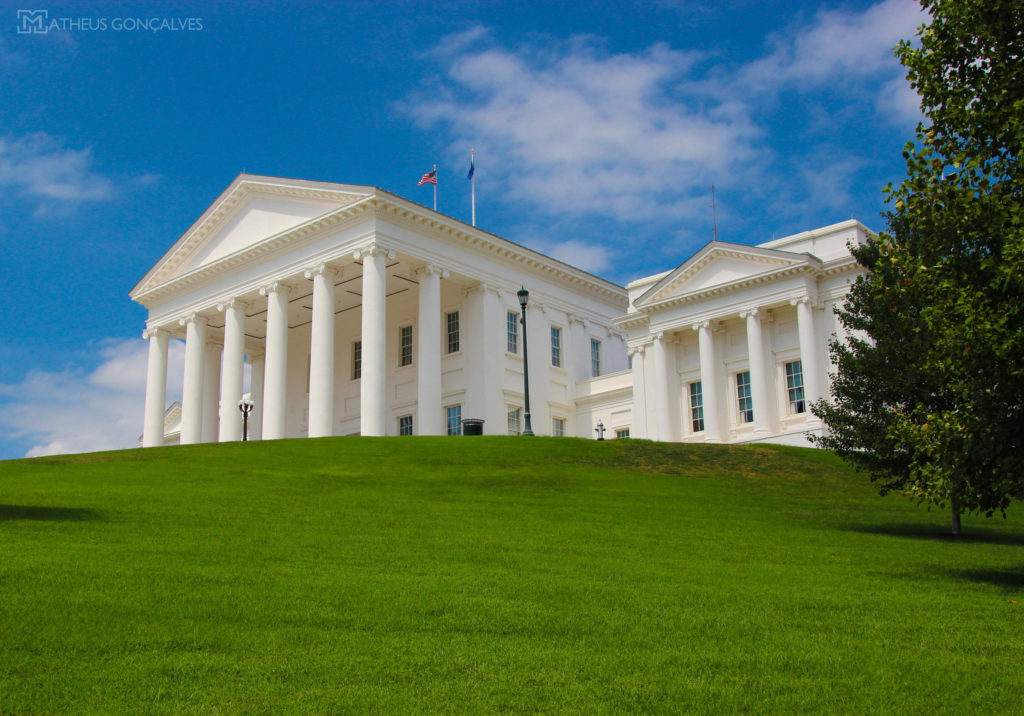Following the release of the newly-drawn legislative map from the court-appointed “special master,” Speaker of the Virginia House of Delegates Kirk Cox (R-Colonial Heights) has called for an emergency stay from the U.S. Supreme Court ahead of the 2019 primary election season. The leader of the one-member GOP majority said it “makes no sense” to implement the changes to legislative districts before the upcoming Spring hearing from the Supreme Court on what Speaker Cox says are “clear legal errors” from the lower federal court, calling it “judicial overreach.”
“We’ve spent the last few days reviewing the Special Master’s proposal,” Cox said in a press release. “The proposed districts go to great lengths to target the districts of senior Republicans while in several instances failing to comply with traditional redistricting principles.”
Analysis of the reconfigured map that makes judicially-mandated changes to the boundaries around 11 House districts in the Richmond and Hampton Roads metropolitan areas shows that two top House Republican leaders – Speaker of the House Kirk Cox and House Appropriations Committee Chairman Chris Jones (R-Suffolk) – would have tough re-election battles in much more Democratic districts. The federal court invalidated the districts due to their ruling that declared the map – passed with a bipartisan vote in 2011 with the backing of the Virginia Legislative Black Caucus – was unconstitutionally racially gerrymandered.
Cox, who represents the 66th House District, would face a switch in his district 22.6 points more towards the Democratic side. The 76th House District currently held by Jones would lean 27.4 points more to the liberal side under the new map.
Nevertheless, in his capacity as Intervenor-Defendant in Virginia House of Delegates v. Bethune Hill (2019), Cox requested that the Supreme Court stay the development of a remedial redistricting map by the Eastern District Court.
“It makes no sense to implement a remedial map given that the Supreme Court may uphold the legislatively-enacted map in its entirety or even just in part,” Speaker Cox said. “If the Supreme Court upholds even just one House district, the entire process undertaken by the lower court will have to start over.”
The Eastern District denied the House request for a stay last Friday, despite the fact that the high court has agreed to hear the House appeal.
“[T]hat commonsense proposal was rejected by the administration and the Eastern District Court,” Cox said. He sent a 33-page request to the Eastern District in late November, adding that moving the date of the primary elections for the House of Delegates would be “fair and reasonable for all parties – especially the voters.”
The speaker of the house, who said he was “disappointed” with the decision, added that considering the Supreme Court has scheduled a briefing and oral arguments in just a few short months, “the continued development and implementation of a remedial redistricting map only serves to cause confusion for candidates, election officials, and voters.” He added that voters in Virginia “simply should not have to deal with the kind of confusion that will be created by release of multiple redistricting maps, and we are asking the Supreme Court to step in.”
Both parties in the state legislature have been at an impasse on the release of a new map, leading to the court’s action. After House Democrats dodged answering questions from the Privileges and Elections Committee about who drew their proposed map, Republicans released a “politically neutral, race-blind” remedial redistricting map that garnered bipartisan support. However, days after it was scheduled for a vote in Richmond, Governor Ralph Northam (D) announced that he would veto the plan if passed, causing the Eastern District Court to step in with their contingency plan.
“We are asking the Supreme Court to step in and stay the further development of a remedial map,” Speaker Cox stated. He explained that Virginians are “fortunate that the Supreme Court has agreed to take this case and are confident they will not let the judicial overreach of the lower court stand.”

